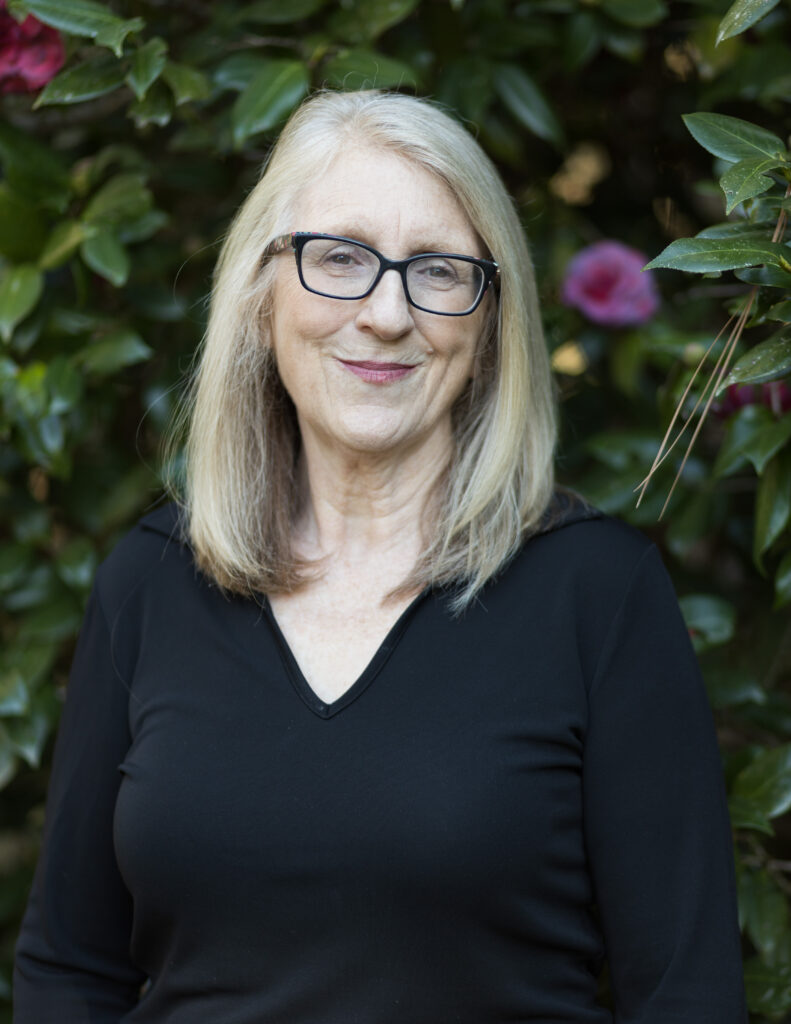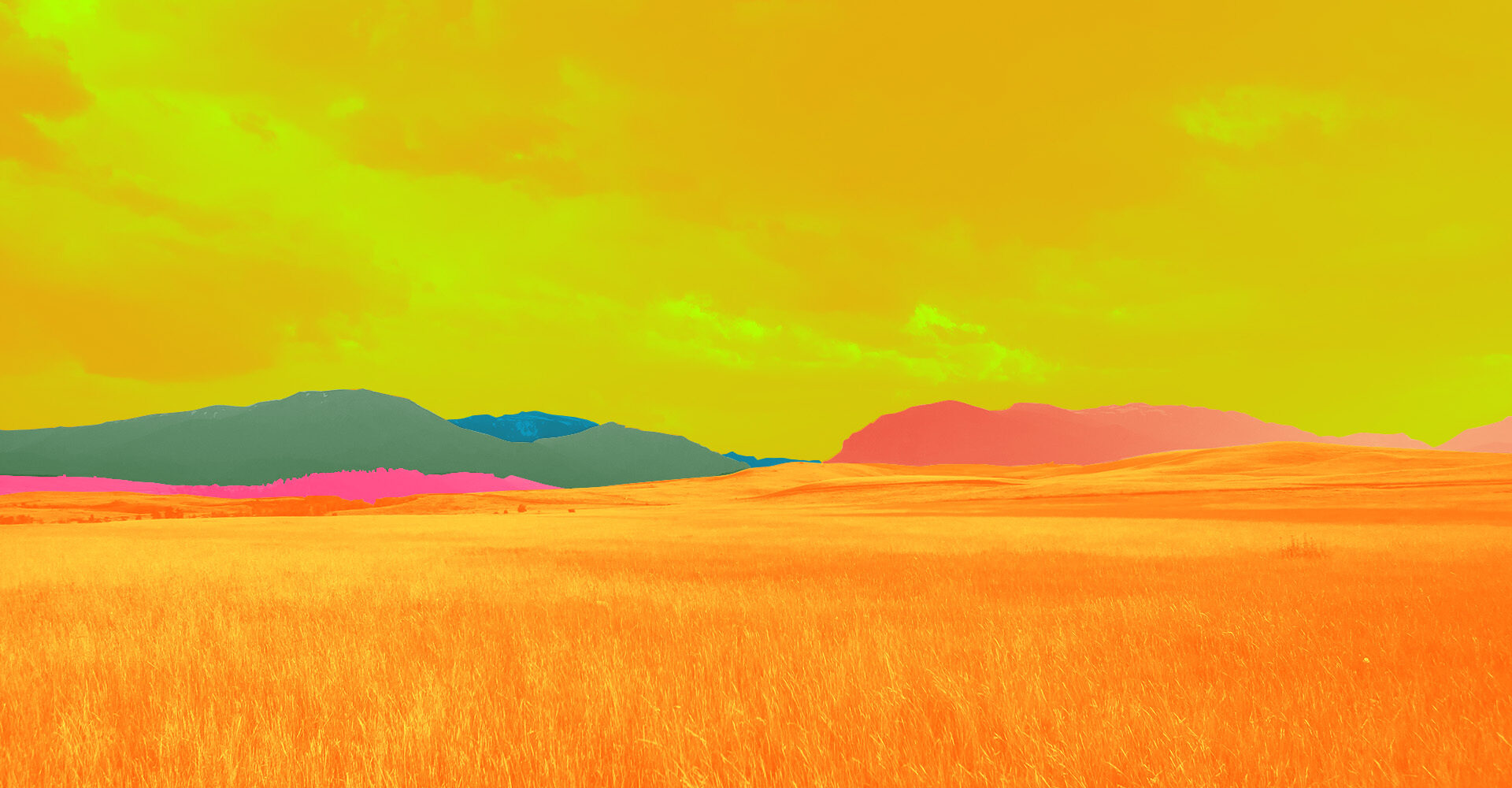
Mary Ann O’Gorman received an MFA from Sewanee School of Letters. Her work has been published in Brevity, the Bellingham Review, Raintown Review, and the Lindenwood Review. Finishing Line Press published her chapbook, Life in This House. Mary Ann lives in coastal Mississippi where she manages a retreat center for creative folks, teaches yoga, and takes care of two old dogs. Tip her on Venmo at @Maryann-Ogorman-1.
Click here to read Mary Ann’s essay “Waving, Not Drowning” from our summer 2022 issue!
Does your writing ever surprise you? In what ways?
My writing does surprise me, especially when someone else reads it and sees something I didn’t see or intend. This surprise is similar to when I (or anyone) says something innocently and only after the words leave my mouth, do I hear the double entendre, or the joke, or even the incredible denseness of my own thought.
If you have a regular writing practice, what do you do to protect your writing time?
I am not good at protecting my time. I own that. I have also decided to not be too concerned with being in the right space at the right time, and so I dash things down when I can. That said, if I see I have a block of time to work, I turn my phone off and give myself that gift.
Where do you write? Do you have any rituals you follow before turning to the page?
I do my best writing at the kitchen counter and always have. Sometimes I will put some music on, but mostly, I leave my laptop and a notebook, and a pen on the kitchen counter.
Any good news you’d like us to include with this interview? This is the space to let us know where else our readers can connect with you and celebrate/support your creative work.
I hope people will follow my retreat center on Instagram and Facebook, Twisted Run Retreat. Part of my creative work is helping others have space to be creative. I do occasional live readings and hope to be having some live streaming of musicians, and I always supply links to the former residences’ work, from film to books to performances.
Do you have a specific revision process?
My revision process is extremely visual. I need to see my work on the printed page spread across a table, and then I can see where something on page 4 belongs on page 1, and whatever is on the first page most likely can be deleted, or is the end of the piece. When I write very short pieces or fragmented pieces such as poems or flash fiction, I put each line on a piece of paper and shuffle them around.
Writing is most often a labor of love, where gratification is self-defined and can sometimes be delayed or subdued. What motivates you to keep coming back to the page?
Writing lets my brain line up and be calm. We live in a world with so many distractions, but syntax, getting the words to work together to form a new thing, pulls me out of the chaos and keeps me coming back.
Rest is arguably as important as getting the words down, especially when we can give our brains a true break and let them wander as they wish. What do you do to embrace this time and use it as a space for regeneration, imagination, and possibility?
My three consistent practices include yoga (both teaching and practicing), walking (both alone and with my very loved ancient Lab), and landscaping (from weeding to working with all kinds of power tools). Walking has long been my consistent regenerative practice. Sometimes I monitor the woods on the trails, and sometimes I simply enjoy the “one foot after the other” calmness.
What are three things you’ve lost that you wish you could find?
Interesting question! I’m answering this in the dark days after the mass shootings in Uvalde, Tulsa, and who knows where else. So I’ve lost my trust in people doing the right thing. Dark, I know! Other than that, I don’t miss anything I’ve lost, and I lost so much through divorce and hurricanes and fires. I figure whatever has been lost didn’t matter anyway.
Which writer or book do you find yourself returning to, either to study craft or simply for pleasure?
I have been writing a lot of personal essays, so I turn often to Rebecca Solnit to figure out how she does what she does. Nick Flynn’s memoirs also have been inspirational to me. I want to share one of my favorite writers who I don’t think gets enough attention, and that is Holly Goddard Jones. Her novel, The Salt Line, was brilliant, and her latest short story collection, Antipodes, resonates with some of my deepest feelings during the harsh years of the pandemic. Antipodes should be the pandemic book; it is that good.
Tell us a little about your path to becoming a writer.
Writing has been part of my life since I learned to read; I have journal entries from the 1960s to back up that statement. But I’m also somewhat hyperactive, so I have struggled sitting still and getting the words on the page. Over time, I’ve accepted that short-form writing–essays, poems, short fiction — is my best friend.
Just as there’s no one way to be a writer, there’s no one way to define success — it’s personal and ever-changing. What does it mean to you?
Success to me is writing daily. That’s it. I love getting work accepted, of course. But when I go to bed at night, I know I’ve done my work if I wrote something.
Imagine your ideal writing retreat: Where would you go? What would you work on? Alone, or with others? And most importantly, what snacks would you bring?
I manage a writing retreat, so this is easy for me. I need a screen porch so I can be close to nature but not interact with bugs more than words; I need space to stretch my legs but not interact with other people because that takes me out of my writing head. Snacks? Always peanut butter and something to spread it on: apples, bananas, crackers. And a glass of wine for the end of the day, when I can sit in the dark on the porch and listen to the spring peepers.
